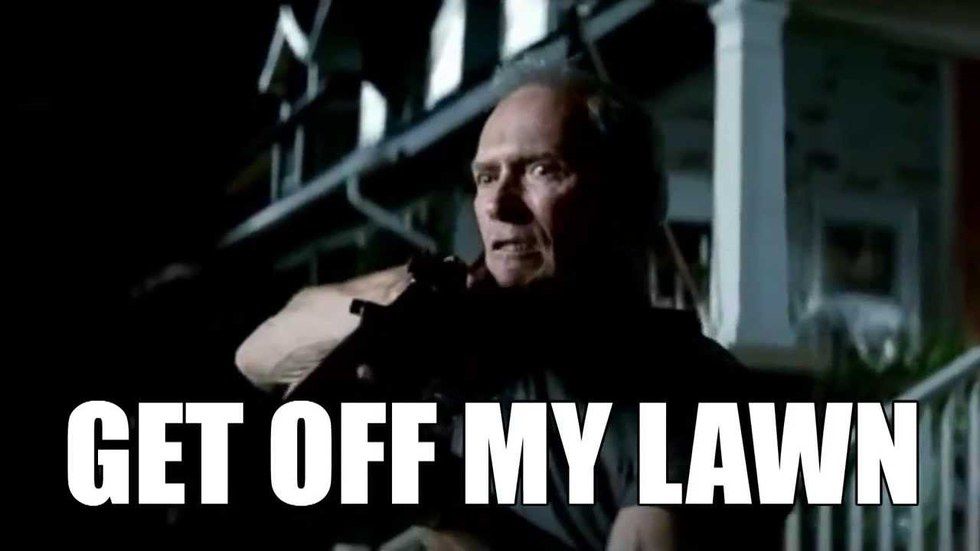Samuel Taylor Coleridge referred to an increasing population of civilian readers - i.e., people who read literature who weren't a part of the fold of literary luminaries back in the days of stove pipe hats - as "that misgrowth of our luxuriant activity, the Reading Public" which he then went to affectionately describe as "a social threat" in his book "The Statesman' Manual" written in 1816.
Anger everywhere, not a single happy thought to think about the proliferation of literature.
Recommended for you
Tsk tsk, Coleridge.
While literature remains culturally relevant and still studied in college and academia in general, from the great classics like Plato to modern masters like Plath (modern is a loose term - Plath died in 1963, but on the scale of time she is modern) and movies about books rake in the big bucks at Hollywood, there is, as with the moving of time, a paradigm shift in literature itself.
It's just become bland. Vapid. Insipid. Devoid. Hollow. Jejune. Vacuous. Drivel. Unpalatable.
Frankenstein is probably my favorite work of literature ever. Which is saying a lot, because I'm a veracious reader who'll probably need a garage for a bookshelf, but that's a digression. To get good at something, you have to do it for yourself first. Watching other people do it is great - it does show a level of engagement - but it's not a level of participation to write home about. I read a lot, and then discovered that my writing improved - so I would keep reading if I wanted to better myself as a writer. That's a perfectly sound chain of logic. The fact of the matter is, literature has now become simplified. Granted, reading old literature may seem tedious and cumbersome to some, but to me it seems to be the greatest thing ever. Sure, I enjoy a sensationalist Dan Brown paperweight every now and then, but I'd rather be lost in the pages of Pygmalion, Paradise Lost or Dorian Gray, who I will maintain as the original Mr. Gray, and if there was ever a case of missed marketing opportunity for the movie adaptation, this would take first place on the podium.
I try to give new books a chance whenever possible, but I often come away thinking of all the better books I could have reread instead of flipping through the pages of this brand new bestseller. I will not name names, and there are exceptions to every rule, but the broad strokes seem to paint me with that feeling of dissatisfaction at the end. Of course, then I try the movie adaptation, and then every book seems to be a James Joyce magnum opus in comparison, irrespective of my initial views of it.
Yeah, I know. I sound like Clint Eastwood from Gran Torino.
"Take your bestsellers along with you!"
Be that as it may, I still think it's good that people take the time to read nowadays, in a world now where we hide behind screens instead of pages when we're bored. Maybe it's because it's so much more instantaneously gratifying, and requires little coordination between the eyes and the higher cognition centers. Screens are easier to touch, but books make the job of touching someone that much easier. Imagine all the thoughts people have on a daily basis, all the things we face, the stories we either tell people or choose to hide, and all the tasks that have to be accomplished, all the routines stuck to. Now take that complete person, and insert them into an incomplete world, and watch them figure it out for themselves. Books, then, are a metaphor for life itself. Yeah, I know. I just broke the fourth wall or something, peered out from within the pages to stare the reader in the face. This extremely grand scene aside, it couldn't be truer.
I think Sylvia Plath truly said it best:
“I want to write because I have the urge to excel in one medium of translation and expression of life. I can’t be satisfied with the colossal job of merely living. Oh, no, I must order life in sonnets and sestinas and provide a verbal reflector for my 60-watt lighted head.” – Sylvia Plath.
If in reading what's written, we can find ourselves, maybe we can finally find the courage to speak.
Have a great weekend.


















